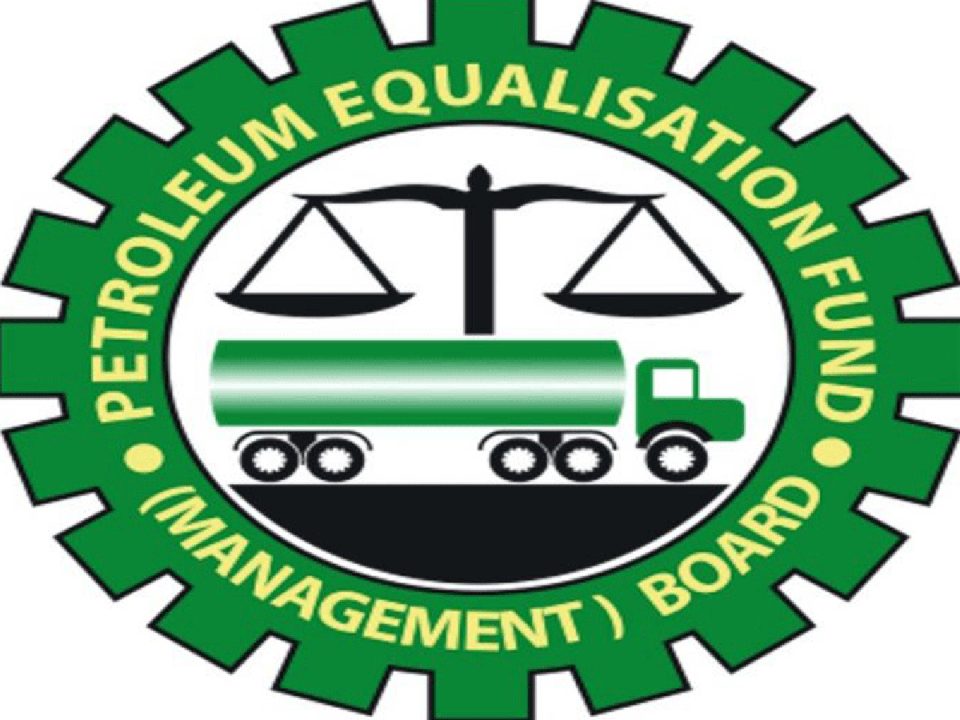Stakeholders say removal is premature, demand accountability, efficiency
The argument against continuous equalisation of petroleum products across Nigeria is being countered by some stakeholders, saying that any attempt to oust the scheme will worsen current economic challenges, especially for the masses.
Insisting that the country is not mature for such a removal, and needed to factor in prevailing local circumstances even if it would deregulate the downstream sector, the stakeholders were worried that the development could increase the poverty rate.
They noted that with the dismal performance of the local refineries, scrapping the scheme would further increase inflation rate in the country since prices of most commodities may increase alongside increase in prices of petroleum products, especially Premium Motor Spirit (PMS) popularly called petrol.
Created by Decree No.9 of 1975, and amended by Decree 32 of 1989, the Petroleum Equalisation Fund (PEF) Management Board was charged with the primary responsibility of reimbursing petroleum marketing companies for any losses suffered by them, solely and exclusively, as a result of sale of petroleum products at uniform prices throughout Nigeria.
As justified by the then government, bridging of transportation cost was introduced as a temporary measure, when turnaround maintenance (TAM) of the refineries was to be conducted.
PEF explained that the initial projection was to have a maximum of 10 per cent of total petroleum products bridged, while the remaining portion would be pumped through pipelines, the transportation scheme consistently increased to about 40 per cent.
Besides, with the poor state of refineries and ports in the Southeast and South-south, PEF wrote on its website that products were bridged from Lagos to other areas to address availability problems from the refineries in Port Harcourt and Warri.
Since the government announced plans to deregulate the sector, thereby removing subsidy on petrol, some stakeholders have argued that the scheme is no longer relevant, insisting that the Fund is a drainpipe, and not needed in a market expected to survive on realities, especially as prices are sold higher in some sections despite the scheme.
But PricewaterhouseCoopers’s Associate Director, Energy, Utilities and Resources, Habeeb Jaiyeola, who premised his argument around the high rate of poverty in Nigeria, canvassed solutions that primarily take into consideration the nation’s peculiar challenges, as removing the scheme will increase the plight of the masses.
Also noting that key infrastructure like refineries were needed, Jayeola argued that since petrol drives the price of a lot of other products, removing equalisation will lead to hike the cost of the product.
“Nigeria has the highest poverty rate in the world. The need for equalisation is to keep the price similar, while also ensuring that the forces of demand and supply are in place. I don’t think Nigeria is ready now for deregulation that takes out equalisation. Equalisation is very necessary in the circumstance that Nigeria finds itself at the moment,” Jaiyeola said.
Director at Oats Global Energy, Eniola Olakunri, noted that the scrapping or merging of PEF with other agencies would be disastrous, as “the majority is struggling to survive.”
According to him, disbanding PEF is akin to arming market forces in determining petrol prices, which would be an unforced error in its entirety.
Olakunrin said: “The implementation of such a policy will have untold effects on the socio-economic fabric of the nation and the people. For sure, food will become more expensive, as sellers will pass the jump in transport fares to consumers. A lot of cottage industries may be forced to close down due to skyrocketing and unpredictable petrol prices, especially in the northern parts of the country.
“If the prayers of those advocating for the abrogation of the law establishing the PEF are answered, what will happen to the hapless farmer trying to move his/her produce from the farm to the main market in Jimeta, Adamawa State?”
He warned Nigeria against comparing itself with countries that have deregulated every aspect of their petroleum industry, stressing that the government was not providing the funds for the marketers’ reimbursement.
Also contributing, a former President, Chartered Institute of Bankers of Nigeria (CIBN), and Professor of Economics, Babcock University, Segun Ajibola, called for transparency, institutionalization, accountability, and monitoring mechanism for continued equalisation.
He also advocated the introduction of key performance indicators so that members of the public, who are funding the scheme, could be carried along in the process, while condemning the smuggling of the product across borders, through which some marketers abuse the scheme.




